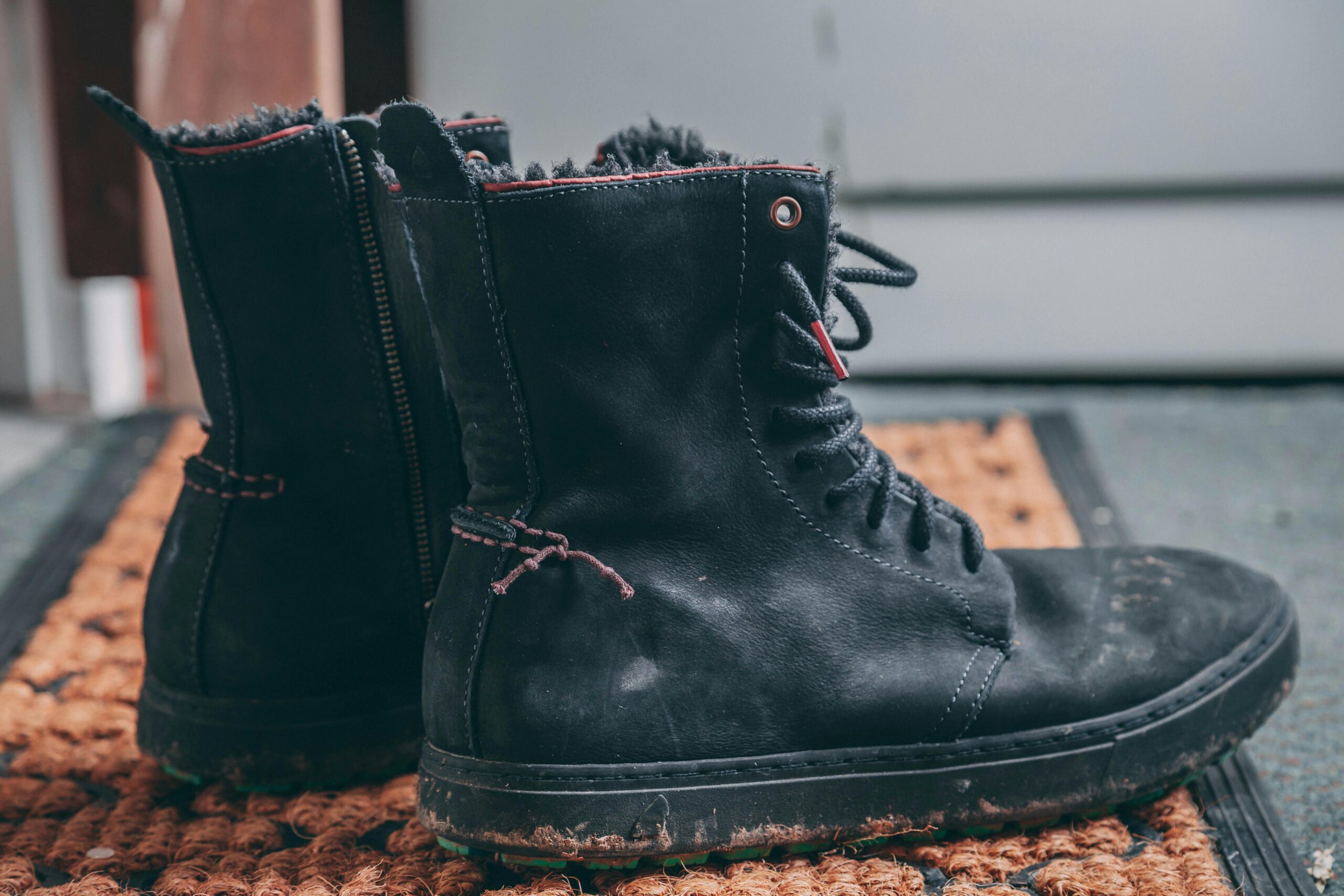How to choose your sustainable and environmentally friendly winter boots?
Regarding sustainable fashion, footwear is one of the most challenging items to produce ethically and dispose of responsibly. From sourcing materials to production processes, the journey of a pair of boots can leave a significant environmental footprint. However, with a mindful approach and informed decision-making, you can still choose your perfect sustainable winter boots that align well with your references and reflect your commitment to life.
Tips to choose your sustainable winter boots
Here are some essential tips to guide eco-conscious consumers in selecting the perfect pair of sustainable winter boots:
Sustainable Materials
One of the most critical factors in determining the perfect sustainable winter boots is the materials used to produce it. Leather is one of the most popular options. Consider leather alternatives crafted from plant-based or recycled materials, which are even better and aim to minimize environmental impact. In addition to leather, several other eco-friendly materials can be used for boots, including organic cotton, hemp, recycled polyester, or natural rubber.
Brands increasingly turn to innovative plant-based leather alternatives made from materials such as pineapple leaves (Piñatex), apple peels, or mushrooms (Mylo). These alternatives offer the look and feel of traditional leather without the environmental impact associated with animal agriculture.
Certifications
Look for boots with certifications such as BlueSign®, Oeko-Tex®, or Global Organic Textile Standard (GOTS) (Henkel, 2023). These certifications guarantee that the materials and manufacturing processes meet stringent environmental and social standards.
BlueSign® certification ensures that the materials used in product production meet strict environmental and safety standards. Oeko-Tex® certification guarantees that the textile products have been tested for harmful substances and are safe for human health. Global Organic Textile Standard (GOTS) certification is awarded to products made with organic fibres and manufactured using environmentally and socially responsible practices (Henkel, 2023).
Waterproofing
Traditional waterproofing treatments often contain harmful chemicals. Opt for boots with eco-friendly alternatives to perfluorinated compounds (PFCs) and prioritize brands utilizing sustainable Durable water-repellent (DWR) treatments (Pew, 2023). Look for materials derived from natural or sustainable sources, such as plant-based waxes, oils, or bio-based polymers, to maintain effective water repellency without compromising environmental integrity.
Sustainable Winter Boots Options
Will’s Vegan Store Chelsea Boots
These boots provide reliable protection against slushy and snowy conditions with a waterproof membrane and PFC-free uppers. They use 90% recycled Primaloft thermal insulation and vegan fur to enhance the boots’ warmth and comfort. This eco-friendly insulation ensures that your toes stay snug even in temperatures as low as 7.6 degrees Celsius. Their deep-lugged soles also provide traction and will stop you from slipping, sliding, or falling. Will’s Vegan Store emphasizes cruelty-free and sustainable materials throughout its product range (Dyson, 2022).
Native Shoes Chamonix
Crafted from densely woven recycled PET (polyethylene terephthalate), these boots prioritize sustainability by repurposing plastic waste into durable outer shells. The patented Glacierguard thermal barrier sets these boots apart by reflecting heat into the boot, ensuring maximum warmth and comfort even in the most frigid conditions. This innovative feature enhances the boots’ performance while keeping you snug and cozy during chilly winter days. Additionally, one of the most remarkable features of the Native Shoes Chamonix is their contribution to the brand’s Remix Project. At the end of their wearable life, these shoes can be returned to be converted into squishy blocks as part of the Remix Project. This initiative minimizes waste and repurposes materials for positive environmental impact, such as creating playground flooring, seats, and insulation (Dyson, 2022).
Rugga Boots
Our winter boots are designed with advanced cushioning and support features to ensure comfort, durability, and protection against extreme weather conditions during extended wear. They have a cozy fleece lining and a waterproof membrane, providing insulation and protection against temperatures as low as -7.6 degrees Celsius. We use recycled rubber to make the outsoles and recycled polyester from recycled plastic bottles to make feature linings or insulation. In addition to recycled materials, Rugga Boots also incorporate sustainable textiles such as organic cotton or hemp into their designs. These natural fibres offer breathability, comfort, and durability while minimizing the use of synthetic materials and chemicals.
By considering these factors and options, eco-conscious consumers can make informed choices when selecting sustainable winter boots that align with their values and style preferences.
References
Pew, C. (2023, February 8). DWR 101: An Introduction to DWR + Outerwear Waterproofing. TREW Gear. https://trewgear.com/blogs/happenings/dwr-101-an-introduction-to-dwr-outerwear-waterproofing
Dyson, S. (2022, November 30). The best sustainable winter boots. Treehugger. https://www.treehugger.com/best-sustainable-winter-boots-5206815
Henkel, R. (2023, August 24). Sustainable fashion: the most important eco certifications and what they mean. FashionUnited. https://fashionunited.com/news/business/sustainable-fashion-the-most-important-eco-certifications-and-what-they-mean/2022010744916


